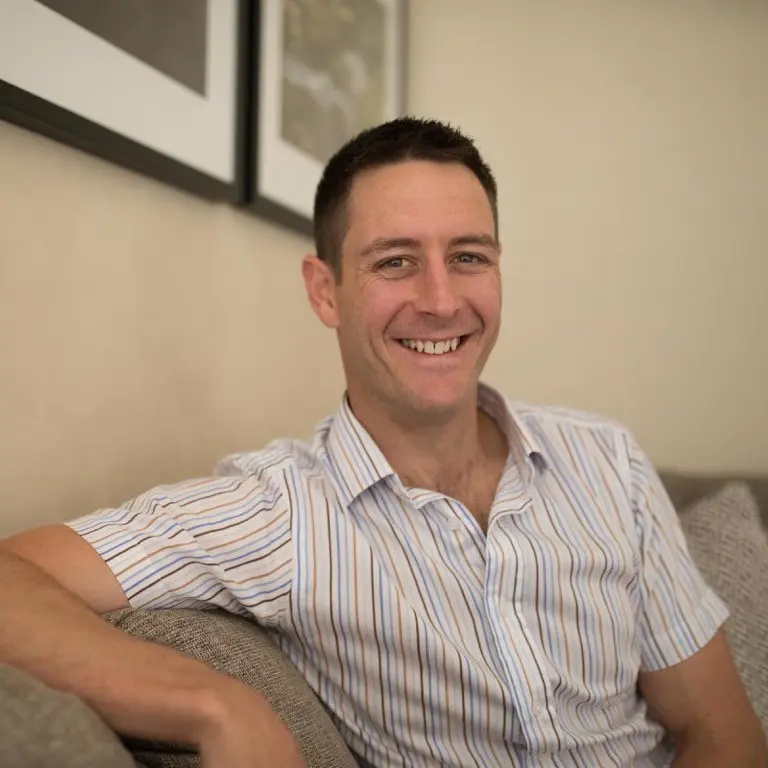William Pike
Director, The William Pike Challenge Award.
Losing a leg in a volcanic eruption has not changed William Pike’s passion for life. Instead, he constantly shows the world how to turn adversity into opportunity, and is focused on teaching Kiwis kids that they, too, can do anything they put their minds to.
William Pike’s tenacious passion for life has helped him to overcome serious challenges, tackle new opportunities and enrich his skills as leader.
Losing a leg after being trapped in a volcanic eruption on Mt Ruapehu has not changed William’s outlook on life, nor has it stopped him from doing the things that he loves. He climbs mountains, goes bushwalking, scuba diving, hunting and kayaking.
An impassioned teacher, he leads a nationwide youth development programme, teaching Kiwi kids they, too, can do anything they put their minds to. And he is a sought-after motivational speaker and a role model to people of all ages. As a leader, achiever and adventurer, William is humble but confident in his abilities. Through his own trials, he has shown how to turn adversity into opportunity. “Passion drives me. It gets me out of bed on a cold morning, it gets me up a mountain, and passion picks me up when I fail. All anyone needs to be a leader is bucket-loads of passion,” William says.
Growing up in Auckland, William acquired a love of New Zealand’s great outdoors. At Westlake Boys High School, he was an avid sportsman – a three-time national water polo champion – and developed a zeal for outdoor pursuits. In 2006, he graduated with a Bachelor of Education with first class honours, and became a teacher at Clevedon School in Auckland.
A year later – on September 25, 2007 – William climbed Mt Ruapehu with a friend, James Christie; on their way back down, in fading light, decided to stay the night near the crater lake. That evening, Ruapehu erupted, spilling a lahar of rocks, water and mud down its slopes and into their hut. Crushed and critically injured, William hung on to life while James ran down the mountain to get help. Doctors called William’s survival a miracle. But his crushed right leg had to be amputated below the knee. After a long series of surgeries and a gruelling rehabilitation, William learned to walk again with a prosthetic limb. He returned to the classroom – at Murrays Bay School – and eventually returned to the mountain. Ten years after the accident, William climbed Mt Scott in Antarctica, one of four young adventurers chosen for the Inspiring Explorers Expedition led by the Antarctic Heritage Trust. It was an uncomfortable, but incredible, experience.
A natural leader of young people, William is the director of a youth development programmecalled the William Pike Challenge Award. Since it began in 2010, it has grown to involve 1400 Year 7-9 students each year, from 60 schools and groups throughout New Zealand, and a school in South Korea. The programme aims to grow resilient, confident and connected Kiwi kids by encouraging them to embrace new challenges, enjoy the great outdoors, engage with the community and interact with positive role models. In a fast-paced world driven by technology and change, William believes developing our future generations of New Zealanders is critical.
He is in demand as a motivational speaker, and a role model around the world, connecting with people of all ages through his positivity and passion for life.
William’s determination to succeed without limits has also been recognised with several awards: a 2014 KiwiBank Local Hero medal, an AMP Bank Regional Scholarship and a 2015 Young New Zealander of the Year finalist.
His book Every Day’s A Good Day tells his inspirational life story so far; the title reflecting his outlook on life before and after the accident.
“The strengths and virtues needed to overcome adversity or to face big challenges is a combination of mindset and teamwork. It’s important we have self-belief, be focused and resilient, and build a strong team around us – at home, in the community and at work. So, when things go pear-shaped in life, we have good people there to help us, and we can help these people too.”


